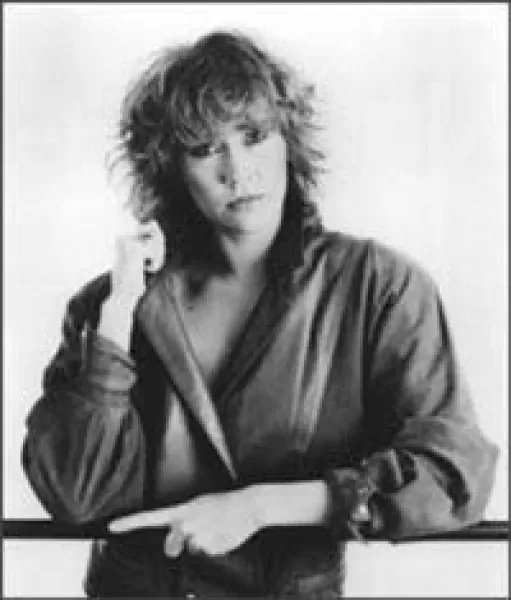
Agnetha Faltskog
Top Agnetha Faltskog albums
Top Agnetha Faltskog lyrics
Are You Gonna Throw It All Away
Agnetha FaltskogAgnetha Faltskog biography
Although she had made a name for herself as a solo artist in Sweden, Agnetha Faltskog will always be best known as one-fourth of ABBA, one of the most commercially successful and internationally beloved pop acts of all time. Born on April 5, 1950, Faltskog was encouraged to pursue her love of music from an early age and was already performing with two school friends as the Cambers by the time she was a teen. Leaving school at 15 to pursue her music, Faltskog soon found herself singing with Bernt Enghardt's band and attracting a following. Through Enghardt, she secured a record deal and she soon topped the charts in Sweden with her first release. Faltskog's homeland success continued throughout the rest of the '60s, but her future with ABBA was secured when she met and became engaged to Bjorn Ulvaeus in 1969. The two were married in 1971, but Faltskog continued to record and perform as a solo artist, although she was singing backup, along with Anna-Frid Lyngstad, on Ulvaeus' and songwriting partner Benny Anderssen's recordings. In 1974, the four, as ABBA, took the Eurovision song contest prize with "Waterloo" (having lost the prior year with "Ring Ring") and within weeks the song was topping the charts all over the continent. br /br /For the next eight years, ABBA would be one of the most successful pop acts in the world, earning numerous gold and platinum awards in innumerable countries. The quartet's commercial fortunes were not mirrored by critical appreciation. In fact, it was the winsome, good looks of the two female singers that drew more accolades, highlighted by Faltskog being crowned with the title of "Rear of the Year" in 1975. During the group's hit-making period, Faltskog's marriage to Ulvaeus would crumble, chronicled in the heart-wrenching "The Winner Takes It All," which featured possibly her finest vocal performance. During what was intended to be a mere break for the band in 1983, she began to record her solo, English debut with producer Mike Chapman. Released later in the year, Can't Shake Loose proved to be more successful in European markets, but the title track did climb into the Top 30 in the U.S. ABBA's extended break soon became a break-up (despite no formal announcement), leaving Faltskog to continue her solo career. Despite a significantly lower profile, she recorded numerous albums throughout the remainder of the '80s and the ensuing decade. Faltskog would have little further success in the U.S., but there is no question that her place in pop music history is quite secure. ~ Tom Demalon, All Music Guide
